On Friday, the European Union and Japan announced a landmark defense agreement, continuing recent trends of Euro-Asian collaboration. The deal, which includes joint military exercises, cybersecurity and intelligence cooperation, nuclear disarmament, and more, is a response to growing concerns regarding North Korean and Chinese military expansion. Let's take a closer look.
The Agreement
The EU-Japan agreement includes provisions to facilitate joint military exercises between European and Japanese militaries while also allowing for the inclusion of other participants. The purpose of these exercises is multifaceted. Firstly, they aim to improve interoperability between European and Japanese forces to prepare for the event of a war in the Indo-Pacific. This part of the deal comes as a direct response to China's persistent joint exercises with Russia, with whom the People's Liberation Army (PLA) has done over 20 joint drills since 2022.
The agreement also aims to deepen collaboration in the defense industry by increasing information sharing. This cooperation could lead to joint defense projects, potentially funded through EU mechanisms, allowing both regions to leverage their technological capabilities. This is not a new path for Japan; for years, Japan has been relaxing its arms export laws and engaging in more development projects, like the next-generation fighter jet they're currently working on with Italy and the UK.
The deal also pushes for cybersecurity and space security cooperation. While exact details on this front are yet to be fleshed out, it will certainly be interesting to see what advances in these fields can be made with Euro-Asian collaboration that goes beyond just military assistance.
Another provision in the agreement aims to increase intelligence sharing between participants, specifically regarding China, Russia, and North Korea. While the specifics of this are still being hashed out, any increase in intelligence sharing between Europe and Japan would be highly beneficial; Japan would benefit from information about North Korean forces in Europe, and Europe is always looking to deepen its intelligence access in Asia.
The final provision of the deal is a nuclear disarmament agreement. Specifically, the pact encourages participating states to reduce their nuclear stockpiles while working toward global disarmament. This part of the deal is significant in light of increasing nuclear development and testing in North Korea, as well as fears of nuclear proliferation in the Middle East and elsewhere.
Moving Forward
At its core, this partnership reflects a recognition that traditional security frameworks built around regional blocs no longer suffice in today's landscape.
Yet the significance of this agreement transcends its military provisions. By bridging Europe and Asia through comprehensive security cooperation, this partnership reconfigures the strategic dynamics of the Indo-Pacific region. The timing is particularly noteworthy - as Sino-Russian military cooperation intensifies and North Korea advances its weapons programs, Western powers are clearly signaling their commitment to maintaining stability through strengthened partnerships.
This realignment carries substantial implications for global power dynamics. The fusion of European and Japanese defense capabilities, intelligence resources, and technological expertise creates a formidable counterweight to emerging security challenges. More subtle but equally significant is the agreement's potential to reshape defense industry dynamics, as collaboration between European and Japanese defense firms could accelerate innovation and reshape market competitiveness.
However, implementation challenges loom large. Strategic differences, divergent military traditions, and complex bureaucratic systems will test both parties' commitment to maximizing this partnership. The nuclear disarmament provisions, while commendable, face particular uncertainty given current global tensions and proliferation concerns.
Despite these obstacles, the agreement's framework for expanding participation suggests a longer-term vision for an integrated network of security partnerships. This potential for growth, combined with the agreement's comprehensive scope, positions it as a potential landmark in global politics
The true measure of this agreement's success will lie not merely in its military efficiency, but in its capacity to promote stability and deter aggression in an increasingly unpredictable global environment.



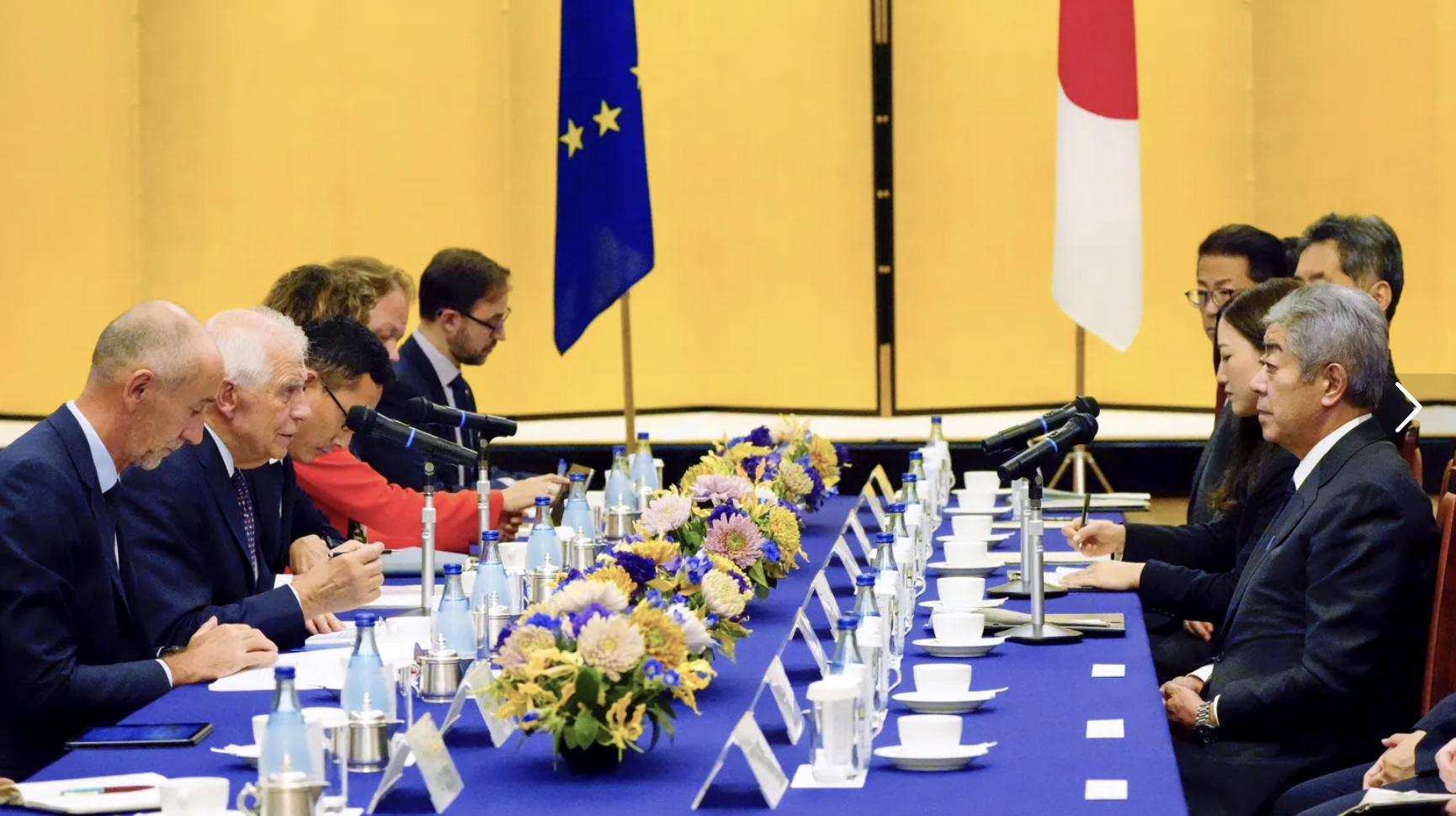



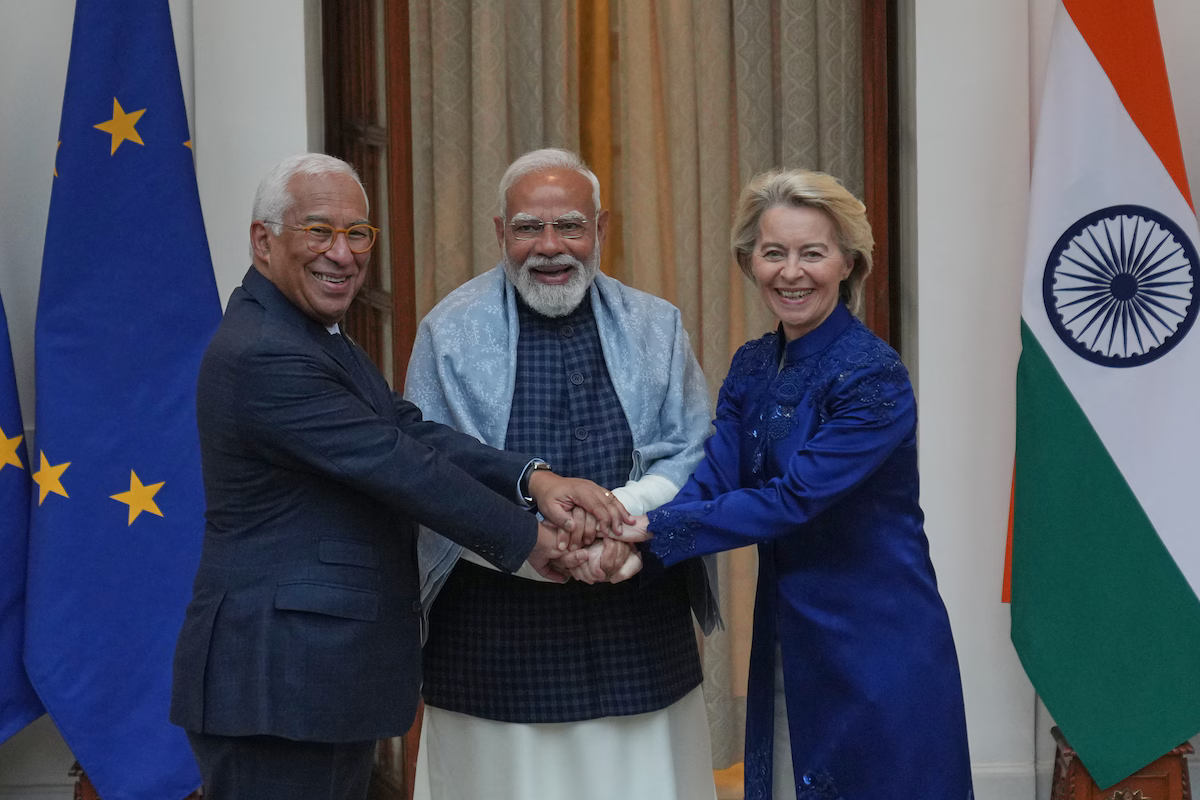
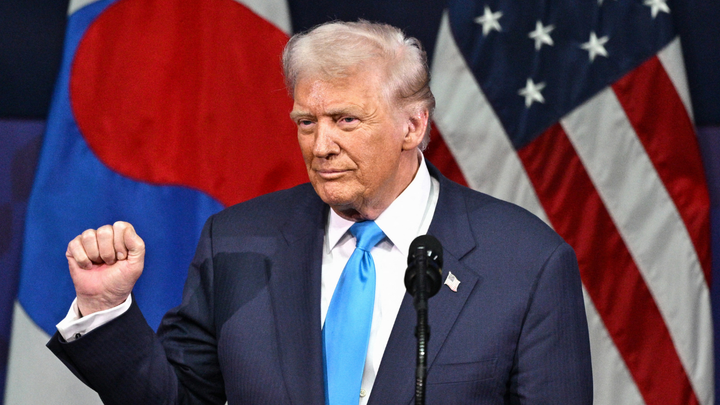


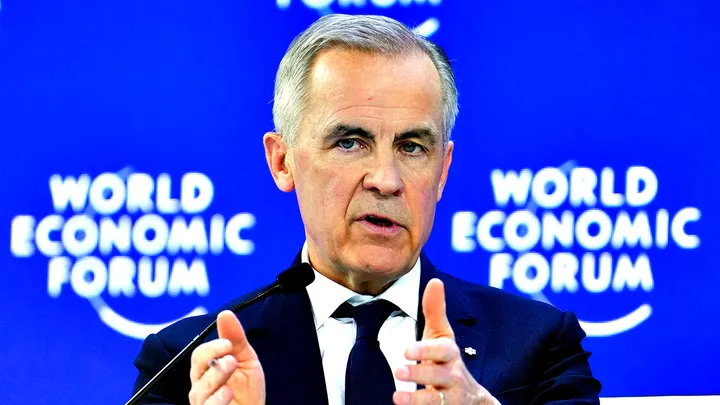
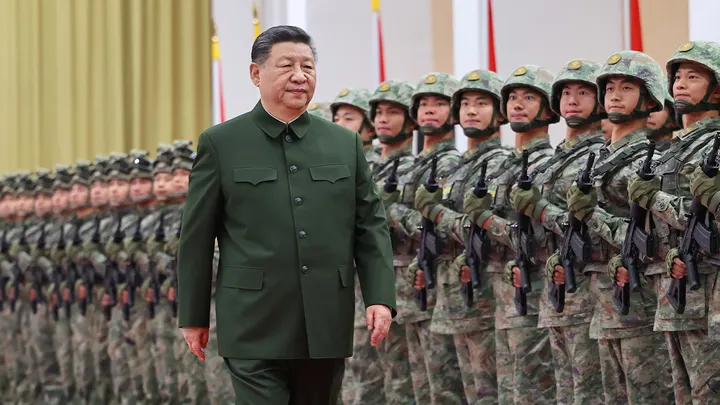

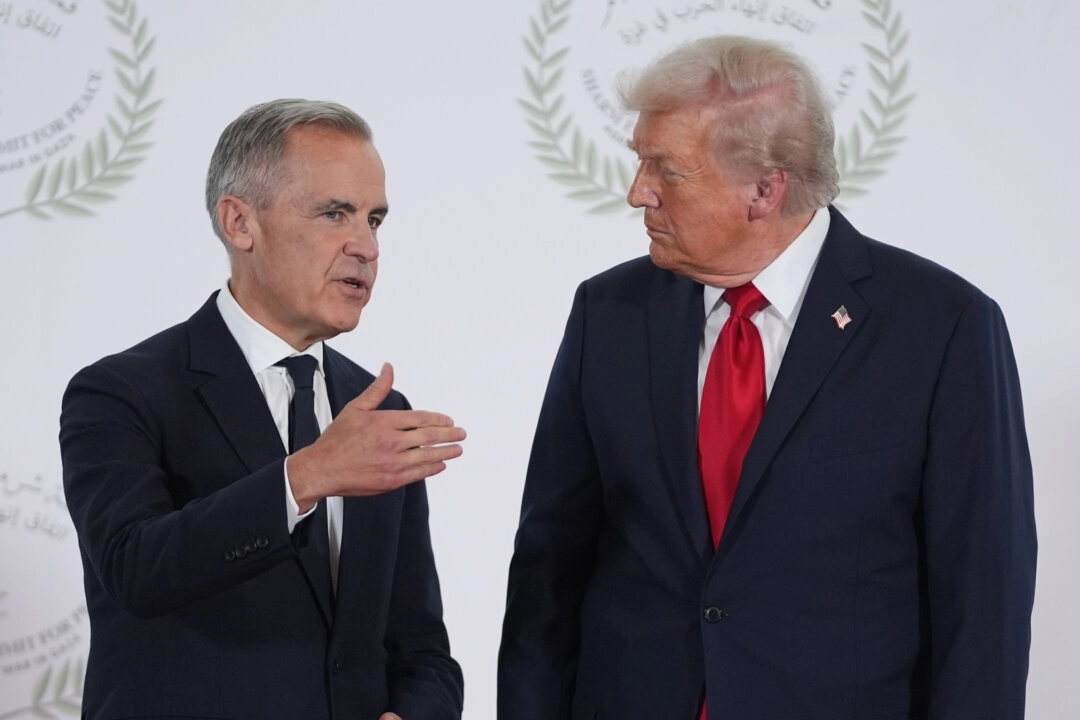
Discussion